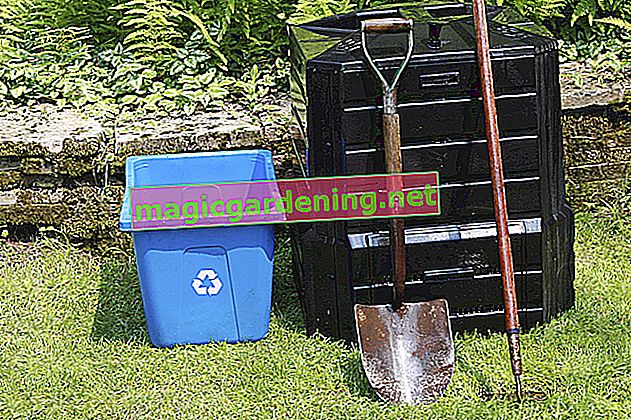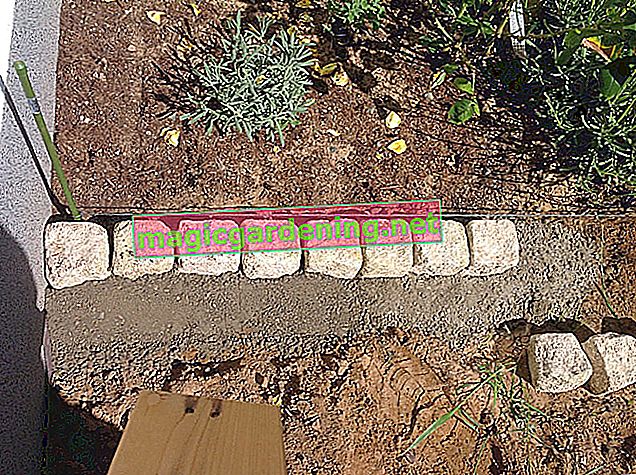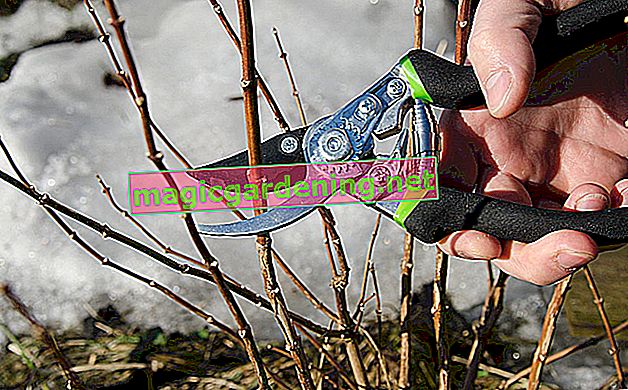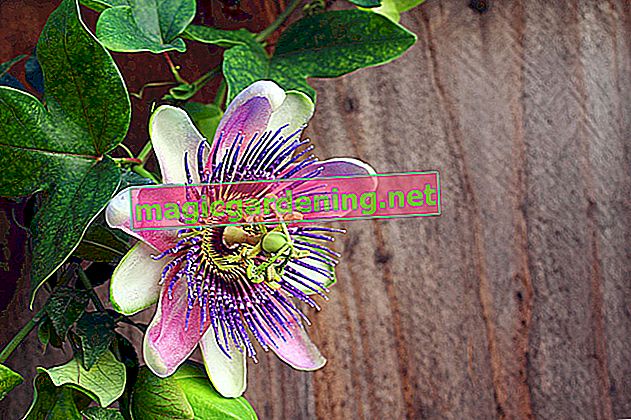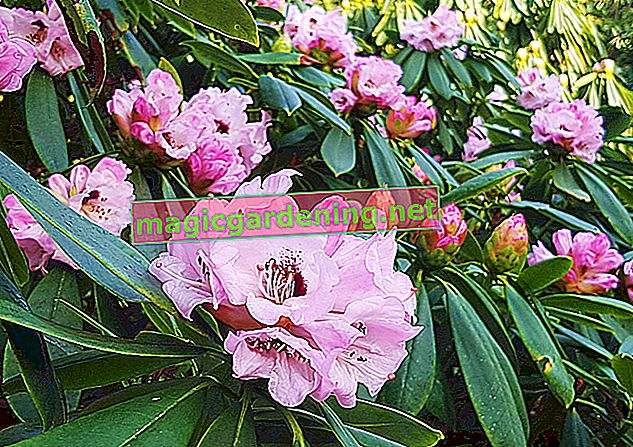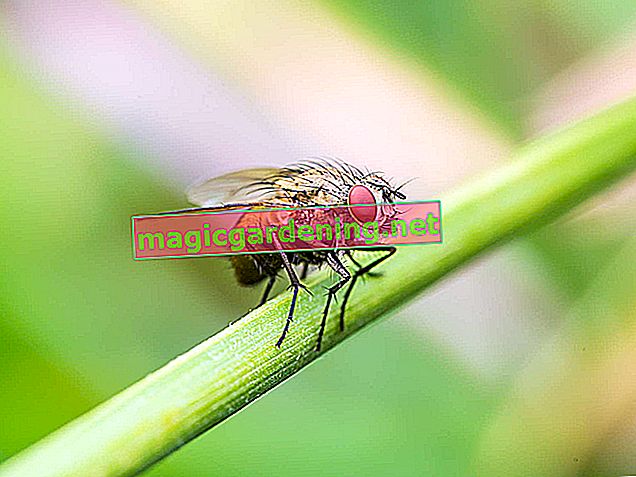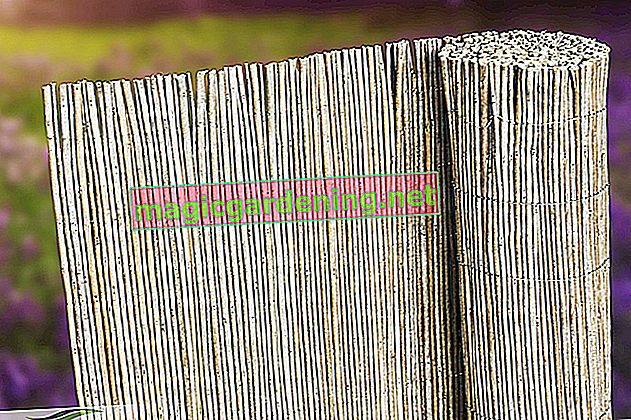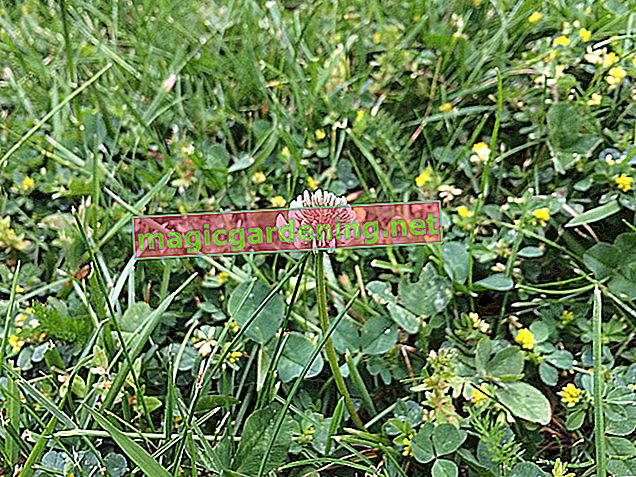
What kind of clover has spread?
Fighting clover in the lawn is not easy. First of all, you need to know what type of clover it is. You can recognize hop clover by its yellow flowers and leaves, which do not resemble those of white clover.
also read
- Fighting horn clover successfully in the lawn
- Fighting weeds in the lawn - the 10 best tips
- Fighting small brown flies in the lawn
In contrast to other types of clover, which you can simply tear up or destroy by scarifying, this is not so easy with hop clover. But there is no reason to take the chemical club straight away. Hop clover can be combated with a few home remedies, as long as it hasn't spread too much:
- Darken the area
- hot water
- cut out
Destroy the hop clover with the dark or hot water
Hop clover needs light. Shade the sites for a few days and the pesky clover will die. To do this, stretch a tarpaulin over the affected lawn. The grass suffers from it at first, but recovers very quickly.
The hop clover does not get too much heat either. Boil water and pour it over the lawn weeds as hot as possible. After a short time it is gone.
Cutting out the hop clover - laborious but effective
You will achieve good results if you cut out the hop clover. However, you must make sure that you get all the roots, otherwise the plant will sprout again.
Loosen the soil with a stick and pull out the clover. If the roots are broken, you have to dig further.
Effective prevention of hop clover in the lawn
It is best to prevent an infestation with hop clover. It mainly occurs when the soil does not contain enough nutrients. Fertilize the lawn with horn shavings. (€ 6.39 at Amazon *) This fertilizer contains a lot of nitrogen and effectively prevents horn clover from sprouting.
Don't cut the grass too short. If the hop clover does not get enough light, it cannot spread.
Tips
Hop clover doesn't like vinegar and salt either. When using it to control hop clover, however, you should bear in mind that these substances are also harmful to the lawn and microorganisms.


